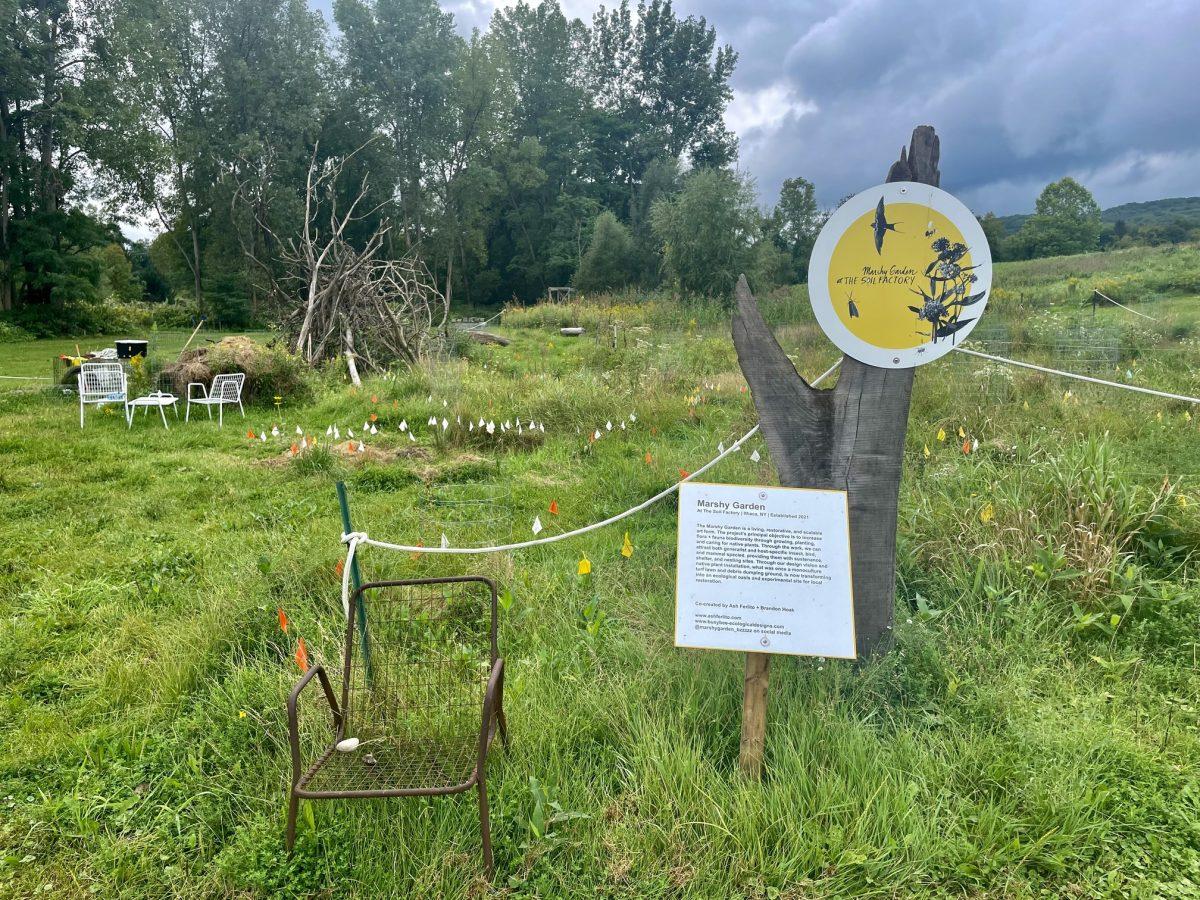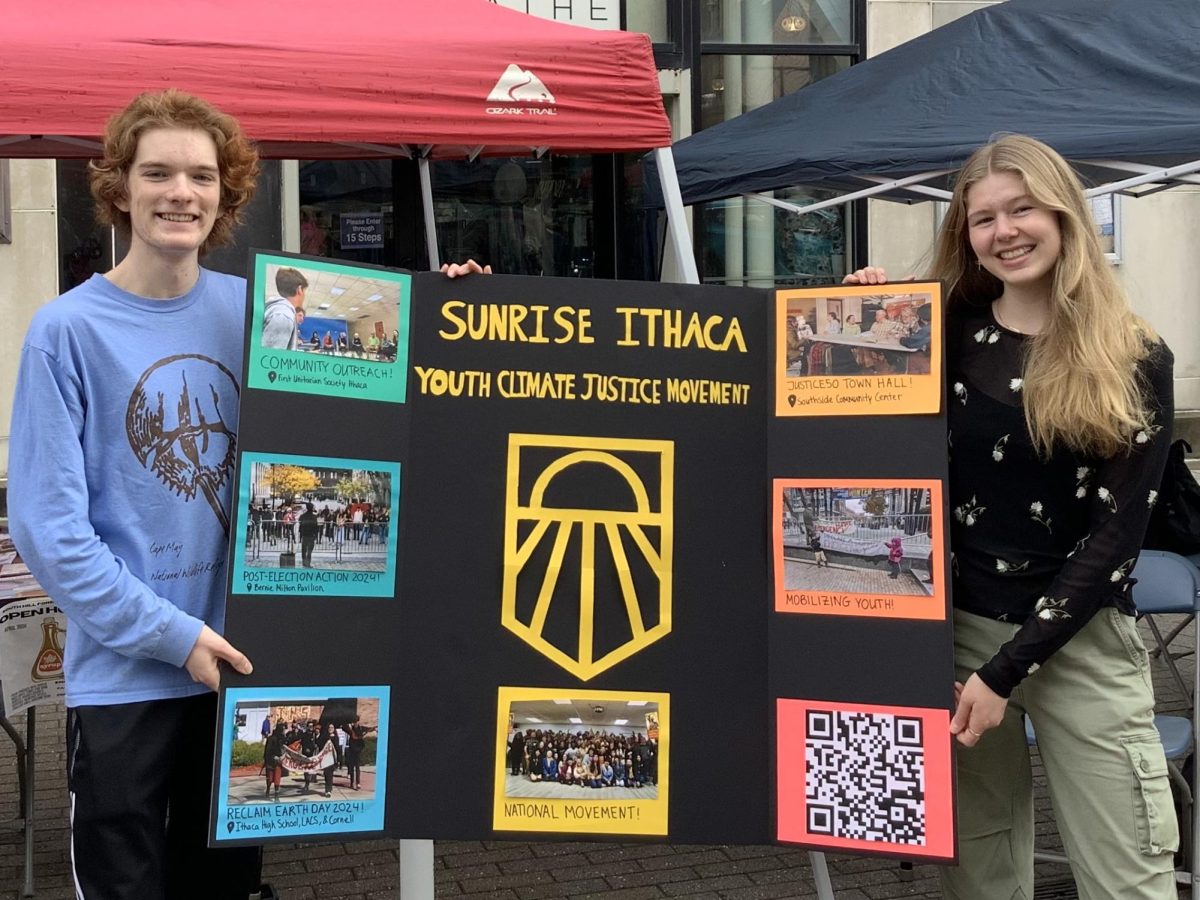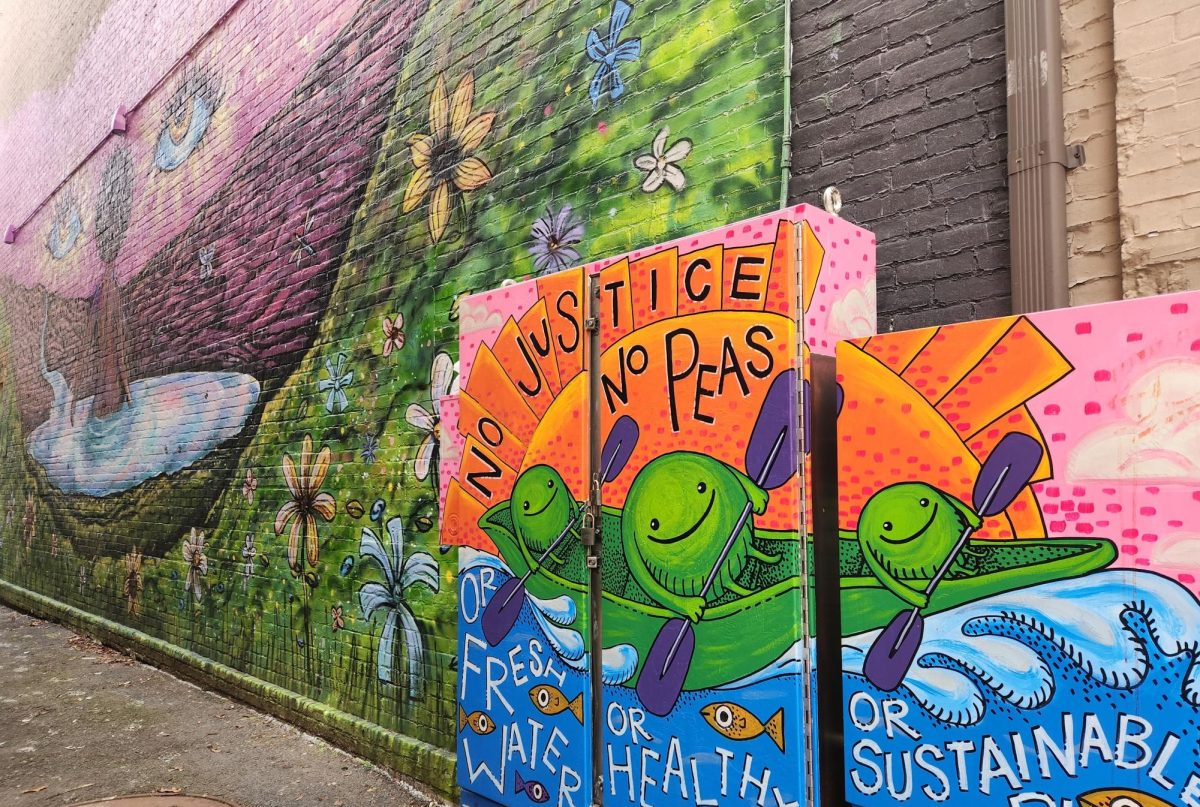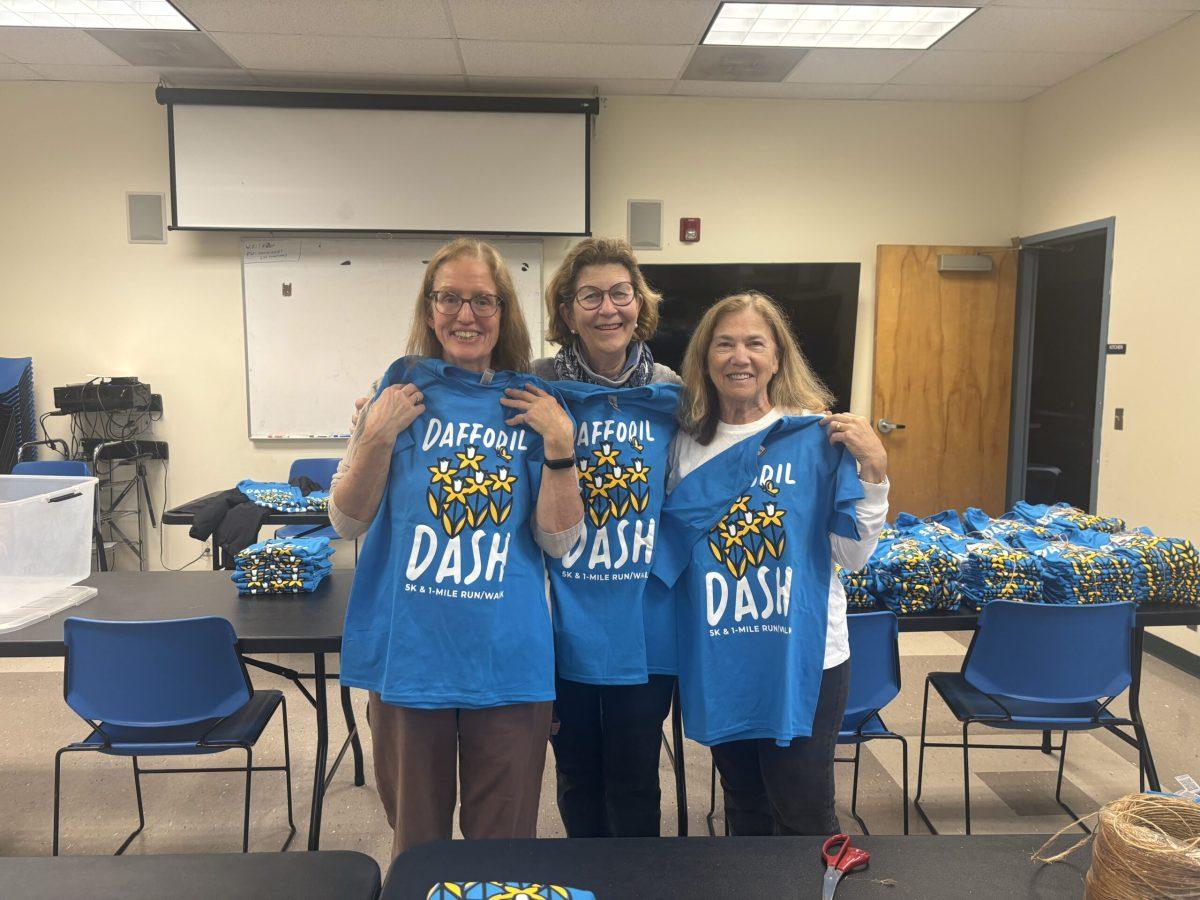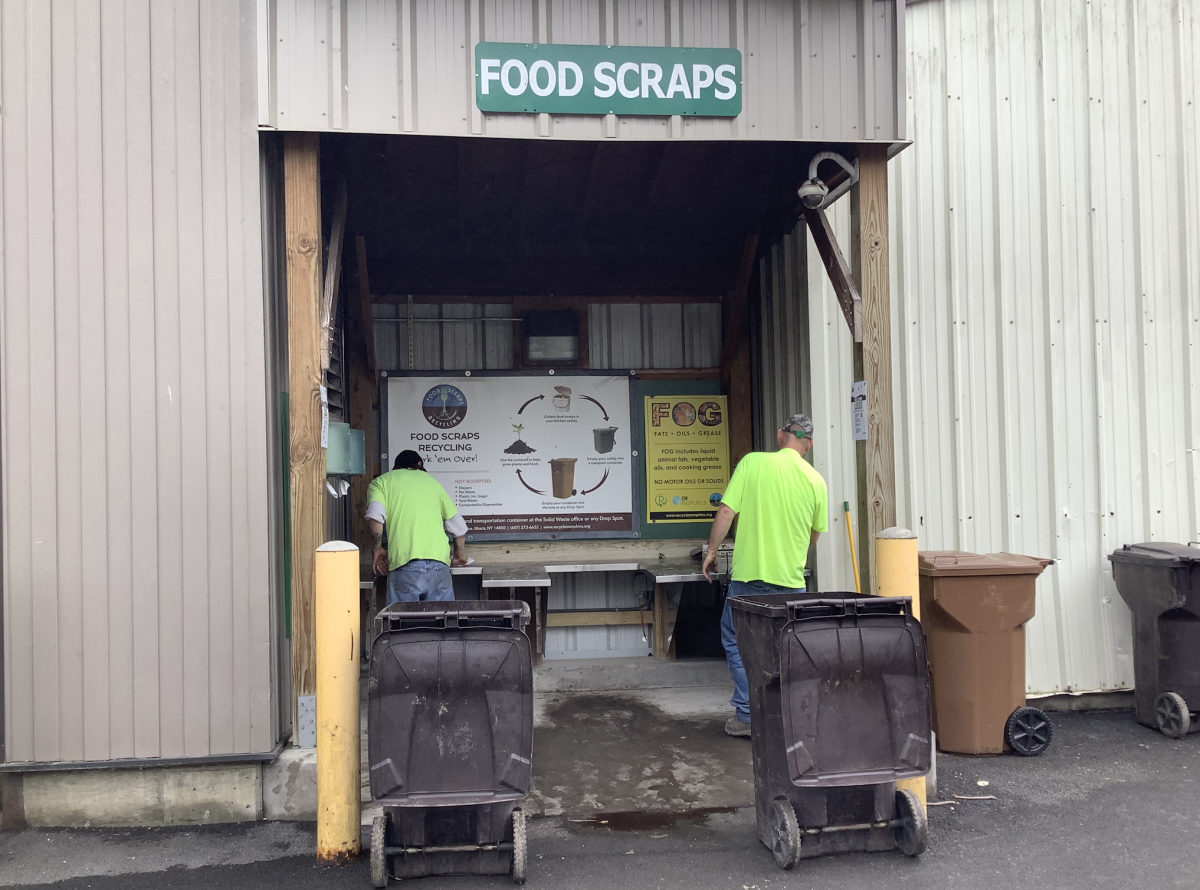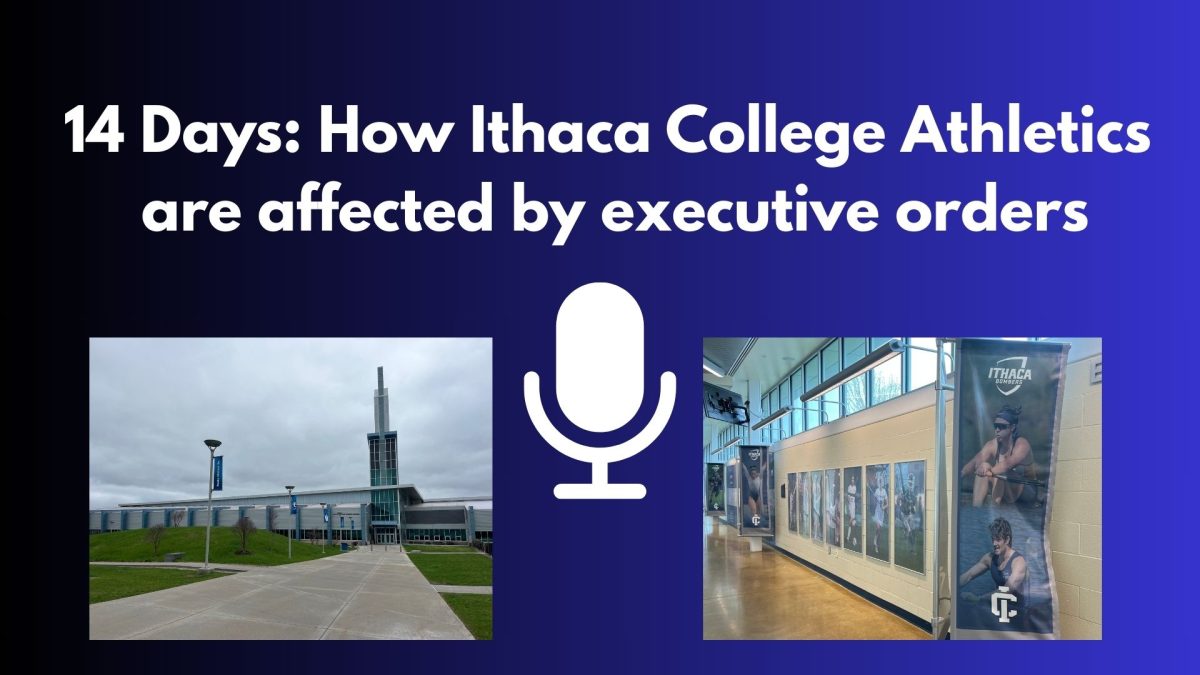Last spring, the Sustainable Finger Lakes Neighborhood Mini-Grant Program awarded four grants to innovative projects including two environmental groups working to improve native plant gardens.
Brandon Hoak and Ash Ferlito, co-founders of the Marshy Garden project at the Ithaca Soil Factory were able to buy 100 additional native plants for the garden which aims to increase biodiversity through growing and planting native plants. The project helped transform an empty lot into a home for pollinators and other animals.
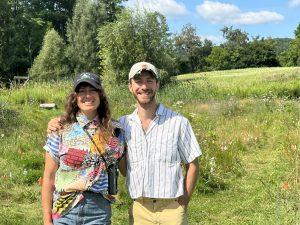
The Friends of Lansing Center Trail also received funding to make educational signage for a pollinator garden at the main entrance that leads to the trails.
For small groups and nonprofits, grant funding can be critical support to allow organizations to operate. But grant and proposal writing takes time and resources, and rejections are far more common than awards.
Hoak said the grant writing process is difficult and time consuming and often projects like this are self-funded and require hours of volunteer support to maintain.
“Every dollar counts toward what we’re doing,” Hoak said. “It was really wonderful to be able to afford plants and take that weight off our shoulders of having to grow those same plants that would take years to get to the point where we purchased them.”
Supporting communities
Sustainable Finger Lakes has awarded small grants to individuals and community groups to improve the area since 2008. Sasha Paris, coordinator of the Neighborhood Mini-Grant Program, said that the organization looks for projects that are working to build environmental stewardship, economic equity and social justice in Tompkins County.
“We look for small or new entities with relatively few sources of support,” Paris said. Those [applicants] who can address multiple issues at once … they are very welcome.”
The grants range from $150-$750 and the next application cycle closes October 1, 2023. Individuals, groups, nonprofits, businesses and schools are eligible, and projects can be focused on the community, transportation, reuse, food, energy and the environment.
Paris said that since starting her position as coordinator of the program in 2014, she has seen between two and 19 applications in a grant season. Once applications are processed, Paris, her supervisor and a small group of community members work to determine grant winners.
Hoak said that the simple, streamlined process of applying to the mini-grant made it accessible in addition to allowing them to support local native plant nurseries.
“[The mini-grant] it’s kind of a kickstart,” Hoak said. “I think the grant process can be really brutal after spending lots of time investing in these large grant processes, where you’re doing these very large applications for hopefully large sums of money. And most often, it feels like you get rejected from them. … It’s really nice when you do receive it [funding]. It’s kind of uplifting.”
Reenie Sandsted, Friends of the Lansing Center Trail volunteer, applied for the grant to create educational signage for their pollinator garden and has been working to determine what plants are currently there. She said she has 30 identified plants and through the process of cleaning the area and making it more visible to people on the road, groups have pledged to donate additional native plants.
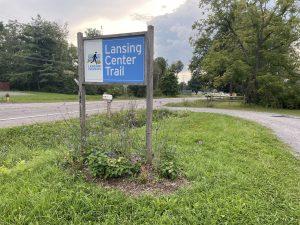
Sandsted said the application process helped the group figure out how the project would be completed and determine why they wanted to embark on the process.
“Was it hard? I mean all grants take some paperwork, but I found them to be very easy to work with and very supportive,” Sandsted said.
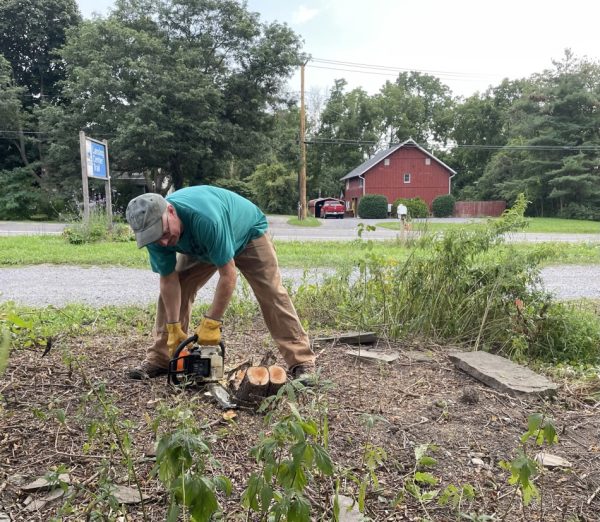
Volunteers come together every Tuesday evening at the Lansing Center Trail to maintain the trails and have cleared the garden so people can use the space. Sandsted said she hopes the signage will make the garden an educational tool that can help teach people which plants are native and what pollinators they support.
Volunteer Tyrell Stewart said he loves having the trails in the community to walk his dog and take his kids to learn and explore.
“There’s always something to do or interact with and it’s just a good reminder that nature is nice, because I think people forget [that],” Stewart said. “They think about things that are in their way. This is a really nice thing to have in town.”
Grant program to expand regional impact
Paris said that Sustainable Finger Lakes is actively looking for additional sponsors to help fund the mini-grant program. Over the years she said individual donors, groups and businesses have been sponsors, but this program has difficulty seeking funding despite its wide-ranging effects in the community.
Sustainable Finger Lakes used to be called Sustainable Tompkins but changed their name in 2022 as they expanded throughout the region. Paris said that as the organization broadens their impact, they hope to expand the mini-grant program into other counties as well.
“That [expanding the program] will require gathering mini-grant councils who know the counties, people who can identify the needs of those communities and most reliable places to seek resources as well as funds in those counties,” Paris said.

